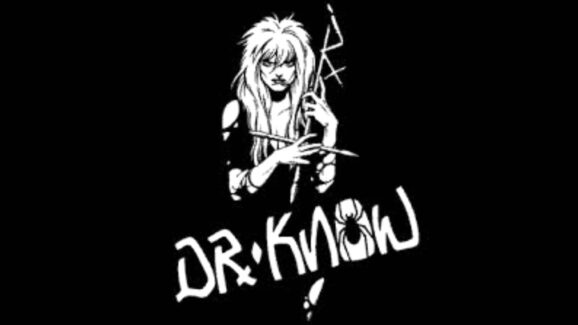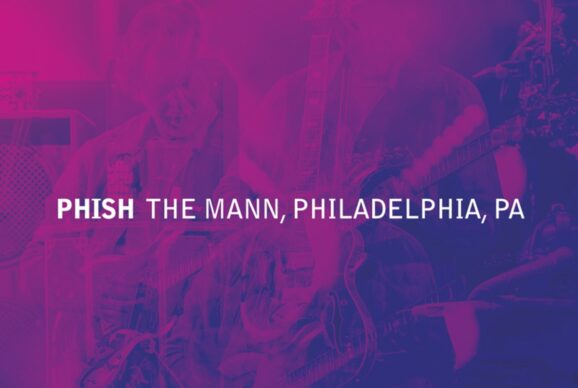Play or Die from legendary drummer Tony Williams, is an obscure album that was limited to 500 LP pressings and never saw distribution beyond the borders of Germany. It was recorded more than four decades ago in Stuttgart, Germany while this trio was on tour in Europe. Williams, the drummer is Miles Davis’ Second Great Quintet, went on most famously with his group Lifetime to be one of the innovators of jazz-rock fusion in the ‘70s.
This trio, with keyboardist Tom Grant (on the recommendation of Jeff Lorber) and bassist/keyboardist Patrick O’Hearn, who had previously worked with Frank Zappa, carved out a softer kind of jazz-rock fusion. So, this recording from 1980 stands as a kind of transition piece between Lifetime and the six hard bop albums that Williams recorded for Blue Note shortly thereafter.
Although the title suggests something akin to an old-fashioned western shoot-out or an equivalent ominous event, the music is a mix of power and melody built on relatively simple themes. We’ve heard this kind of keyboard and synth playing before and most of the intrigue lies in the colors and approaches Williams brings to each of the five pieces. In fact, the opener “Big Man” begins with dark, ominous chords before swirling into a playful Weather Report sans Wayne Shorter like synth/keyboard journey with Williams keeping a cheerful beat while injecting a few tom flurries and tastefully timed cymbal swashes. As it unfolds, with repetitive lines, it gets into the trippy, psychedelic zone that marks most of the five pieces.
The epic “Beach Ball Tango” opens with Williams on tom toms, joined by bass drum and more cymbal clashing before Grant enters with the basic theme, overlaying melodies and soaring solos over Williams’ kinetic kit work before the leader takes over two thirds of way through, Increasing the intensity to volcanic proportions as O’Hearn seems to try to keep pace before dropping out entirely. This one solo alone attests to why Miles was so enraptured with Williams’ drumming some 16 years earlier. “Jam Tune” is a series of repetitive funky riffs over another hauntingly dark backdrop with Williams keeping steady time on tom toms and the occasional cowbell. Heavy fuzz effects on O’Hearn’s bass and floating synths carry us off into outer realms, not unlike a Mad Max soundtrack.
“Para Oriente” may be the most jazz-rock fusion gem of the five, one that easily fit with historical trio fusion issues such as Billy Cobham’s Spectrum or Mahavishnu Orchestra’s Trident Sessions. It’s s showcase not only for Williams’ persistent hi-hats, cymbal, and rim shots but for O’Hearn and Grant on Rhodes and synth, both of whom dazzle on their solos before the tune morphs into a swing piece, with Williams riding the cymbals in majestic command. The session ends with Williams’s near-hit composition, “There Comes a Time” with his own vocal. Gil Evans played “There Comes a Time” regularly and recorded it repeatedly. Matt Wilson has also recorded it. Williams’ voice sounds so boyish, and the lyrics are rather lame but you hear the trio at a delicate pace, with Grant complementing the vocal with stellar Rhodes comping. Now that he is gone, his singing seems bittersweet, accented by sharp, exciting percussion work, a lasting reminder of his immense talent.
This is a must for Williams fans and for fusion fans in general. The sound quality is pristine and it’s an easily digestible listen, just under 40 minutes.











